Classic albums featuring ex-Black Sabbath drummer Bill Ward
Sabbath and solo, it's the irrepressible Mr Ward
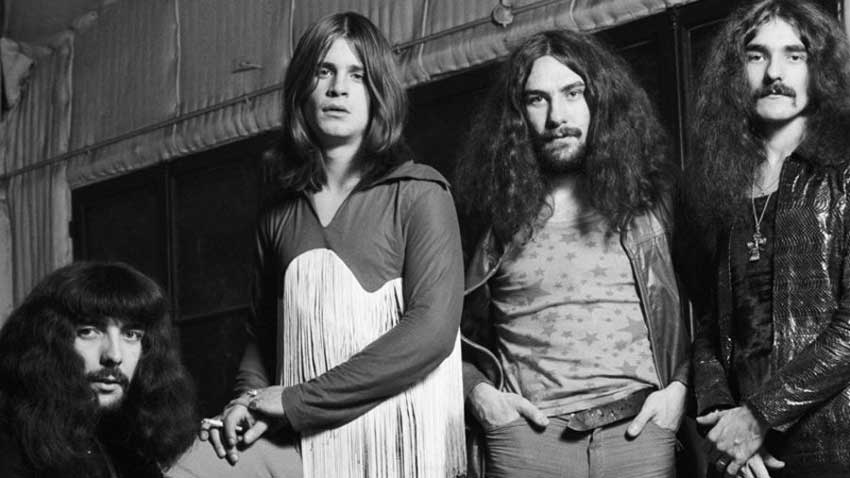
Bill Ward
Bill grew up in the post-war slums of Aston, Birmingham, a devotee of Gene Krupa, big bands and Elvis. Bill met Tony Iommi and the two teenagers hit it off, forming a band called The Rest before famously spotting an ad in a shop window that said, ‘Ozzy Zig seeks band. Has own PA.’ This led to the pair recruiting a certain Mr Osbourne to be their vocalist.
The rest is, well… the beginnings of heavy metal. For eight classic albums with Osbourne at the helm, from 1970’s eponymous debut to 1978’s Never Say Die, Ward laid down the monstrous grooves and expansive fills on groundbreaking tracks like War Pigs, Paranoid, Iron Man and more.
Technically lucky to have lived through the Sabbath years, what with the near-deadly pranks the rest of the band were prone to playing on him (such as setting him on fire); not to mention the alcoholism of later years that eventually saw him quit the band, he has returned sporadically, and recorded with Tony Iommi and put out solo releases.
Here are five of Bill Ward's finest recordings…
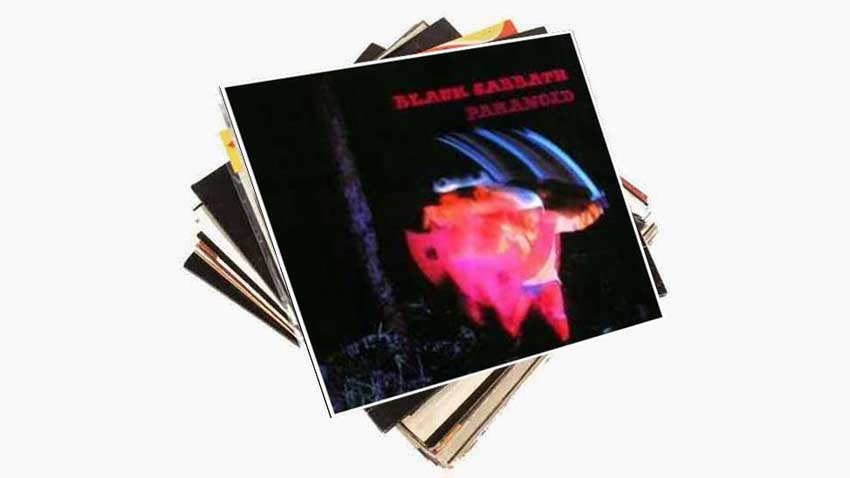
Paranoid (1971)
Having apprenticed as a club drummer, Bill’s first professional recording was the band’s eponymous 1970 debut. Aged 15, he was playing soul numbers in his own band - and despite Sabbath’s heaviosity, you can hear Ward’s real groove and deep pocket behind the nascent heavy metal stylings on that album and its quick and classic follow-up, Paranoid, released the same year. Already a tight unit, Paranoid saw the band truly gel; and it's given us some of the band’s signature tracks.
The title track has a heavy-as hell driving beat; Iron Man begins with one of the most memorable - if simple - drum intros ever, with its thumping kick beats and flammed snare lead-in, before Ward’s syncopated groove and round-the-kit triplet fills frame the bludgeoning guitar and bass. War Pigs’ slow groove is perfectly served by the ponderous swing of Ward’s drums and ringing cymbals.
Key track: Iron Man
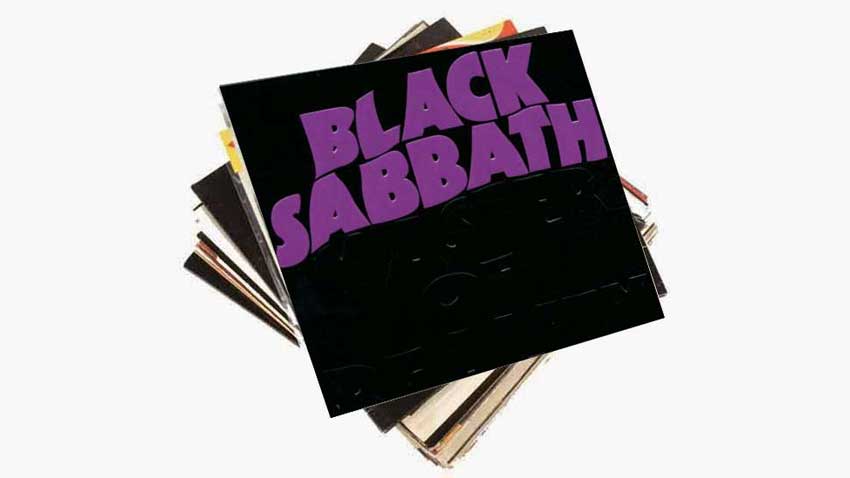
Master Of Reality (1971)
Sabbath’s third album represents a real creative peak for the band. Not content with birthing heavy metal, they now invented stoner-rock with Sweet Leaf, and Ward’s pocket groove sounded ever more polished on the riff-heavy After Forever and galloping round high-tuned toms on Children Of The Grave. Despite all the classic tracks on Paranoid, Ward told Rhythm that it was only it this point he felt he was playing at an advanced level.
“It was starting to happen on Master Of Reality. The bass drum sound had started to smooth out on Vol. 4, and then by the time we got to Sabbath Bloody Sabbath, we were really coming along very well. When we did Paranoid, our band was out working 365 days of the year - so it was very much a band in transit. We were in and out of the clubs and theatres, and getting close to playing in stadiums by the time the album came out. We were making incredible progress as far as our live shows were concerned.”
Key Track: Sweet Leaf
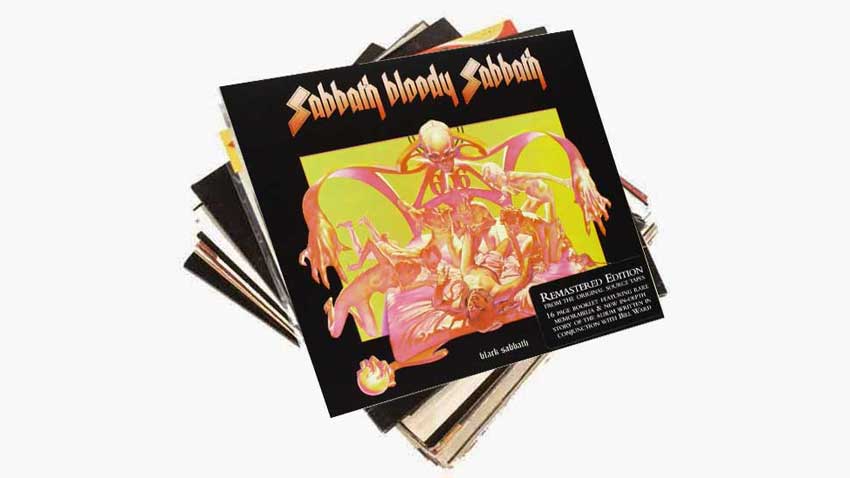
Sabbath Bloody Sabbath (1973)
Regarded by many as the band’s most mature output of the Ozzy era, Sabbath Bloody Sabbath was certainly a pinnacle for Ward’s playing as he negotiated some of the heaviest work the band ever created.
Consider his busy but powerful playing on Killing Yourself To Live, which builds with the heaviness of the track to an imposing peak, before the song’s outro goes full-tilt rock’n’roll. The crunching, unforgettably heavy riff of the title track was pounded home by a Ward drum track that is both heavy as hell and, in the song’s gentle bridge, beautifully musical.
Key track: Sabbath Bloody Sabbath
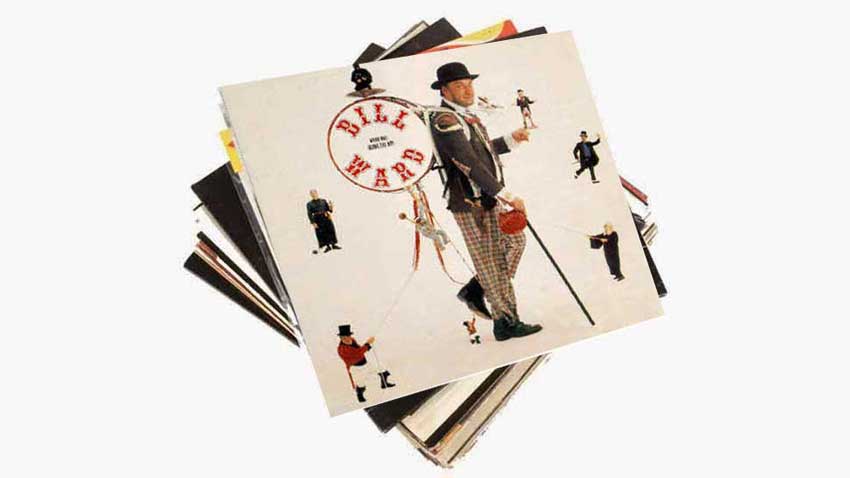
Ward One: Along The Way (1990)
Ward left Sabbath in 1980. A decade later, and a decade sober, he returned to music with this often overlooked solo album, for which he recruited a who’s-who of rock musicians including Jack Bruce, Ozzy, Marco Mendoza, Bob Daisley and even Zakk Wylde.
Ward shares drum duties with Kiss’s Eric Singer, and cream of the crop are the Ozzy tracks Jack’s Land and Bombers (Can Open Bomb Bays), the thudding Snakes And Ladders, the Jack Bruce-crooned Light Up The Candles (Let There Be Peace Tonight) and Along The Way, the latter showcasing Ward’s own vocal talents. Living Naked has a dark majesty to it, and is proof that Bill still had what it takes to power great rock.
Key Track: Living Naked
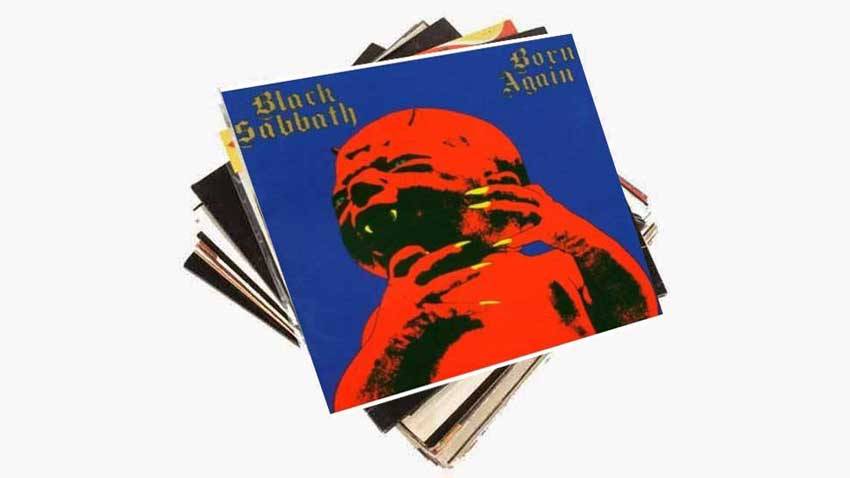
Born Again (1983)
Ward was back behind the kit for this 1983 album with Deep Purple’s Ian Gillan on vocals, but was still struggling with alcohol addiction and left the Sabs’ camp for treatment after recording was completed.
A shame, because he missed out on the subsequent tour to ELO’s Bev Bevan, who would then be part of the over-the-top tour theatrics involving a demonic dwarf-baby and a full-sized Stonehenge prop (actual inspiration for Spinal Tap a year later).
Still, the album gave us the rock boogie of Trashed, which could in fact be Deep Purple, with Ward giving the track a certain amount of Paice-style swing, and proper Sabbath classic Disturbing The Priest, the video for which features horror movie stalwart Vincent Price swearing, and, of course, our Bill.